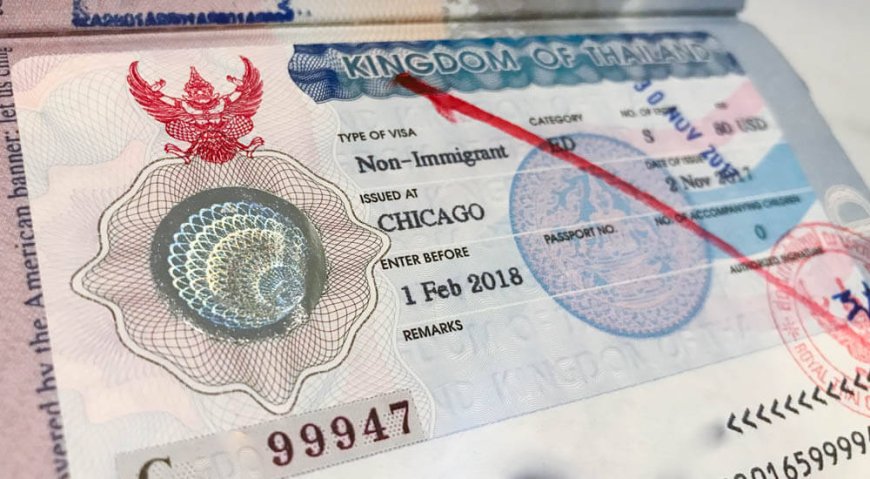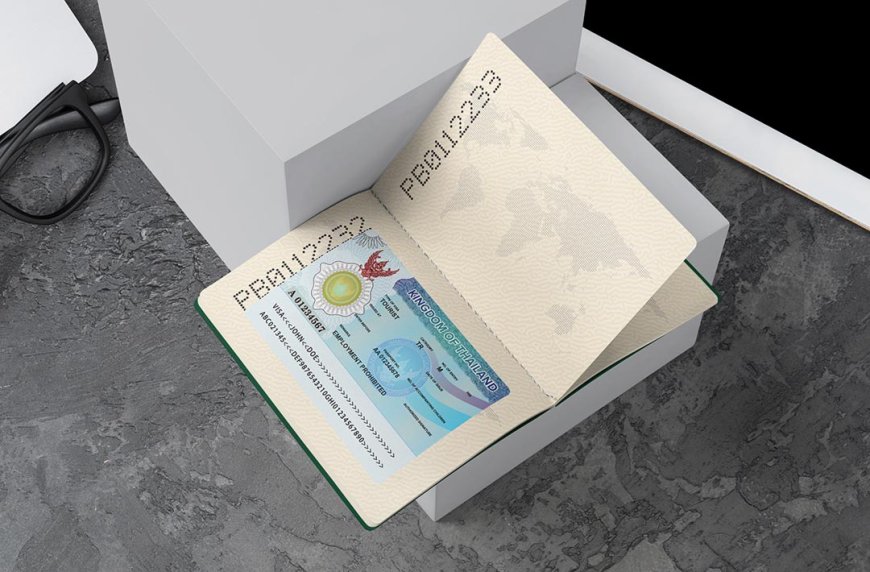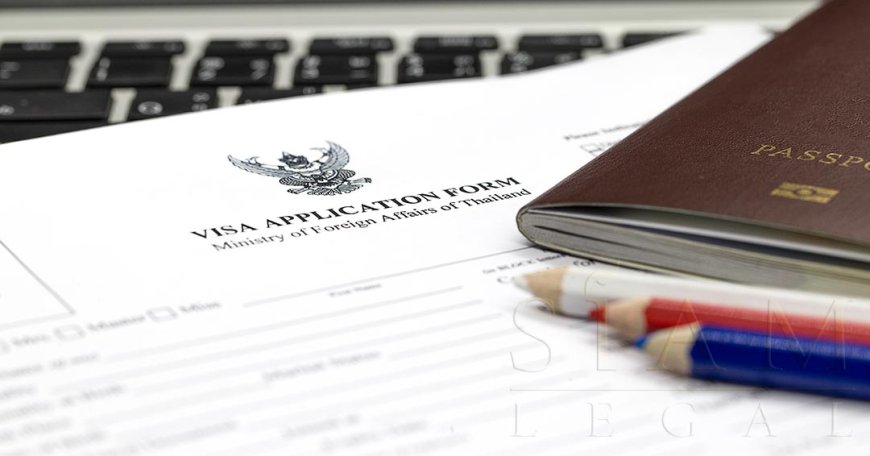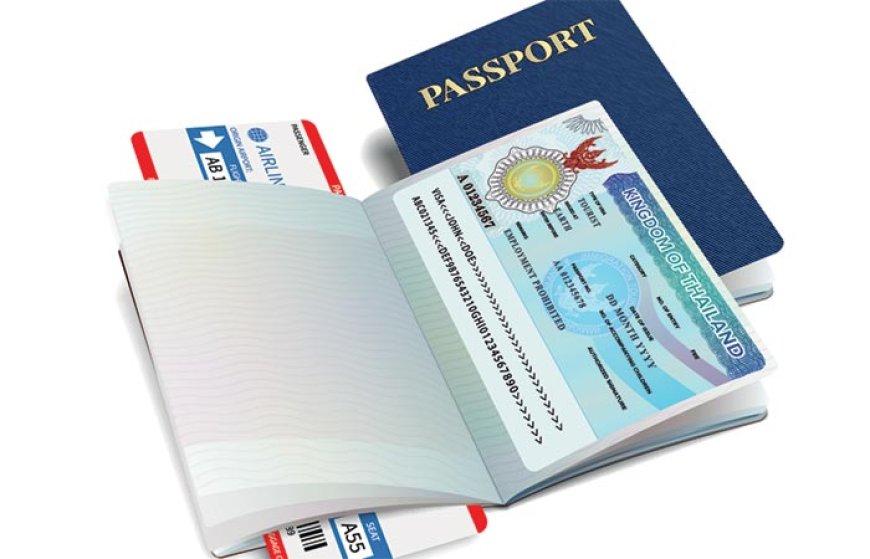Applying for a Non-ED Visa in Phuket is an essential step for those who wish to stay in Thailand for educational purposes. Whether you’re enrolling in a Thai language course, attending a university, or participating in a specialized program, understanding the process will ensure a smooth application. Here’s a step-by-step guide on how to apply for a Non-ED Visa in Phuket.
1. Determine Your Eligibility
Before applying for a Non-ED Visa, confirm that you meet the eligibility requirements. The Non-ED Visa is intended for individuals who plan to study in Thailand, including language courses, formal education, or specific training programs. Ensure that the institution you’re enrolling in is recognized by the Thai Ministry of Education.
2. Gather the Required Documents
Prepare all necessary documents for your Non-ED Visa application. Commonly required documents include:
A completed visa application form.
A valid passport with at least six months of validity.
A recent passport-sized photograph.
An acceptance letter from the educational institution.
Proof of payment for the course or program.
Financial statements showing sufficient funds to cover your stay.
Additional documents as required by the specific embassy or consulate.
3. Apply at a Thai Embassy or Consulate
Submit your application at a Thai embassy or consulate outside of Thailand. It’s recommended to apply at the embassy or consulate in your home country. However, some applicants may choose to apply at a nearby country if they are already in Southeast Asia. Ensure you submit all documents in person or by mail, depending on the embassy’s guidelines.
4. Pay the Visa Fee
The Non-ED Visa application requires a fee, which varies depending on the type of visa and the duration of stay. The fee is typically paid in the local currency of the country where you’re applying. Be sure to check the latest fee structure and payment methods accepted by the embassy or consulate.
5. Wait for Visa Approval
After submitting your application, it may take several days to weeks for the visa to be processed. The processing time can vary depending on the embassy or consulate. Once approved, your passport will be stamped with the Non-ED Visa, allowing you to enter Thailand for educational purposes.
6. Register with the Immigration Office in Phuket
Upon arriving in Phuket, you must register with the local immigration office. This step is crucial for maintaining your visa status. You’ll need to present your passport, visa, and proof of residence. The immigration office may also require you to report every 90 days if you stay for an extended period.
7. Extend Your Non-ED Visa if Needed
If your course or program extends beyond the initial visa period, you may need to apply for a visa extension. This can be done at the Phuket immigration office. Be prepared to submit updated documents, including a new acceptance letter from your educational institution and proof of continued enrollment.
Conclusion
Applying for a Non-ED Visa in Phuket is a straightforward process if you follow the necessary steps and prepare your documents in advance. By understanding the requirements and timelines, you can ensure a smooth application process and focus on your educational journey in Thailand. Whether you’re learning Thai, attending university, or pursuing specialized training, the Non-ED Visa will help you stay in the country legally and enjoy your studies in the beautiful surroundings of Phuket.








